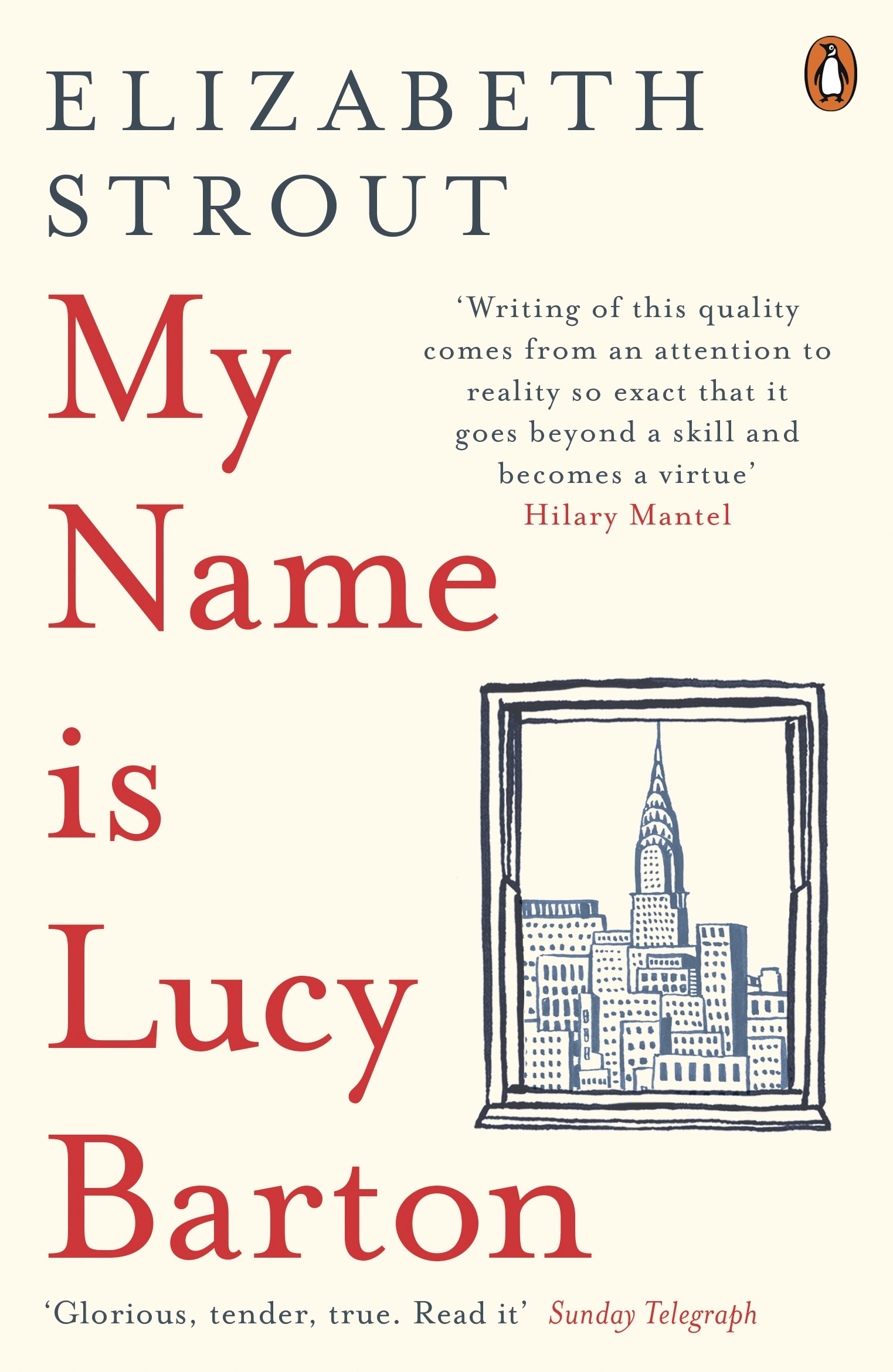

What I missed about the Lucy Barton books in the first place is that I don’t think Strout was trying to write the novel as I know it anyway. To look backwards and wonder if there is something you might have missed, some part of the puzzle you might have failed to understand. Other people love books I loathe, and vice versa, and that’s precisely what gives books, and life, and the world, its flavour.īut still, to remain open. I fervently believe that so much of what we regard as literary criticism is actually a matter of taste, and I also know that it takes all sorts, and books would be very boring if there were only one kind of book.

And isn’t that everything we’re advised against as readers, as critics, as humans? Of following the crowd, reading like sheep? I’m only considering them again because other people are telling me that they’re good, instead of me knowing that in my bones. She’s breaking all the rules I know of how to write a novel well, and it’s my immediate instinct to dismiss these books again. The downright unfashionableness of the project too, the quiet, the earnestnes, so many exclamation marks!! (!!). (No big chore either, they’re all very short!)Īnd I’ve got to tell you that everything I thought was weird and slight about the Lucy Barton novels is still right there. But then the books started to be awfully celebrated, appearing on book lists, readers I admire a great deal declaring their love for them, and so this winter I decided to try them again.

Even with the subsequent books, I was willing to let Lucy Barton go. Which was inherent to the project, I supposed, but I was never able to quite figure out how, or what the point was, or why this wasn’t a novel proper.” At the time, I’d also noted that the book was short enough, however, that maybe I’d go back and read it again…but I didn’t. I wrote, “I bought the book in hardback, paid $30+ for it and felt I’d paid a lot of money for something slight and unfinished. I first read My Name is Lucy Barton in 2016 and, if you’ll recall, I did not like it. It’s about being wrong, and dismissing certain ideas and ways of being, and the question of how one knows what’s good, all of which are actually themes of Elizabeth Strout’s Lucy Barton books, which begins with My Name is Lucy Barton, and continues with the story collection Anything is Possible, Oh, William, and, finally, Lucy By the Sea.


 0 kommentar(er)
0 kommentar(er)
